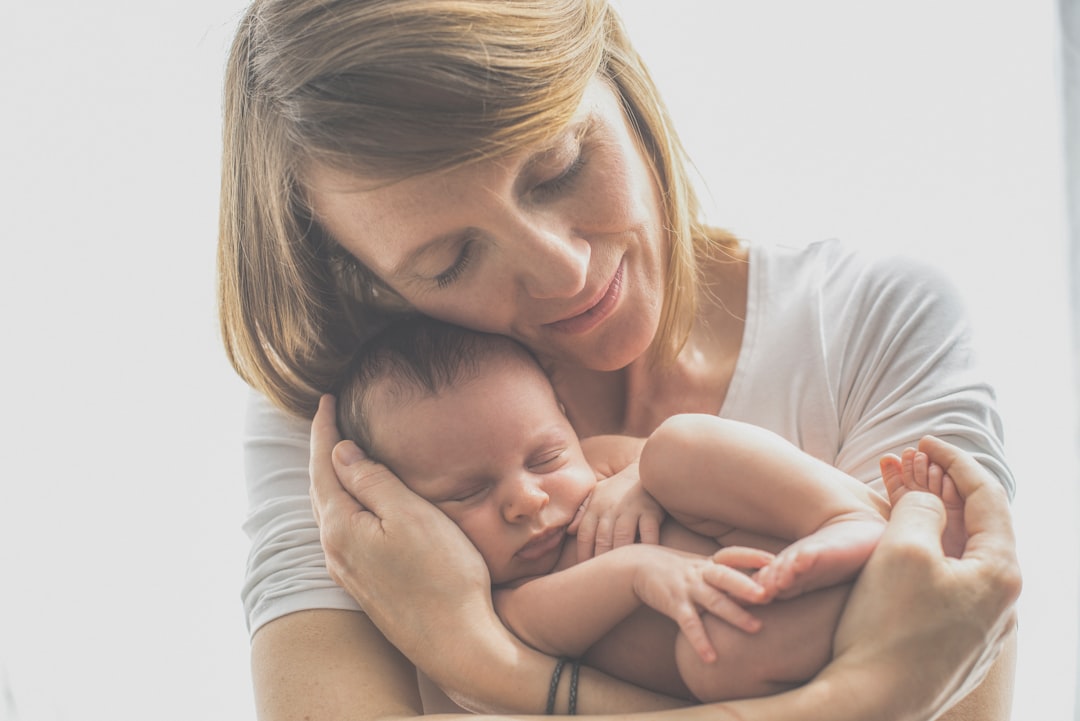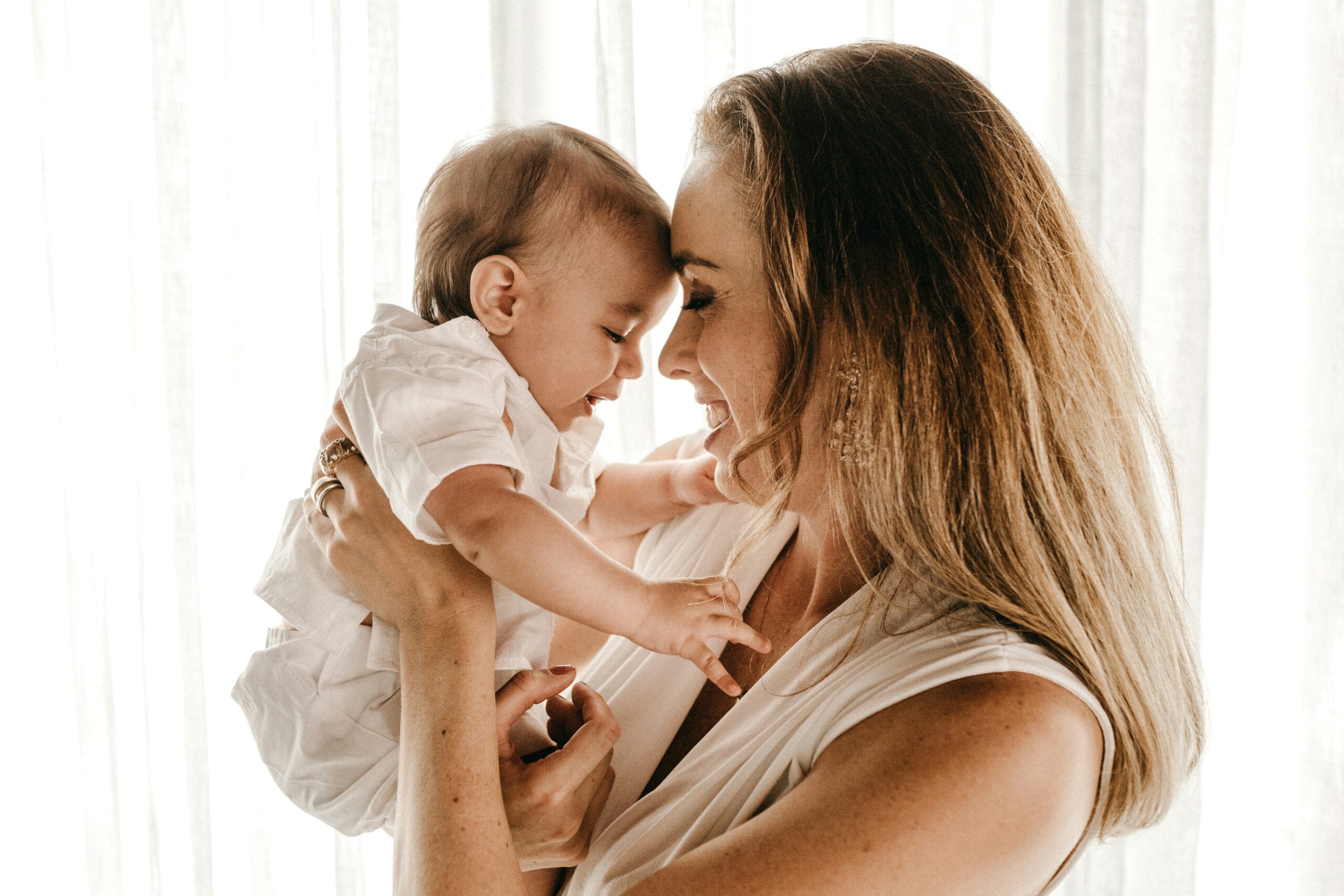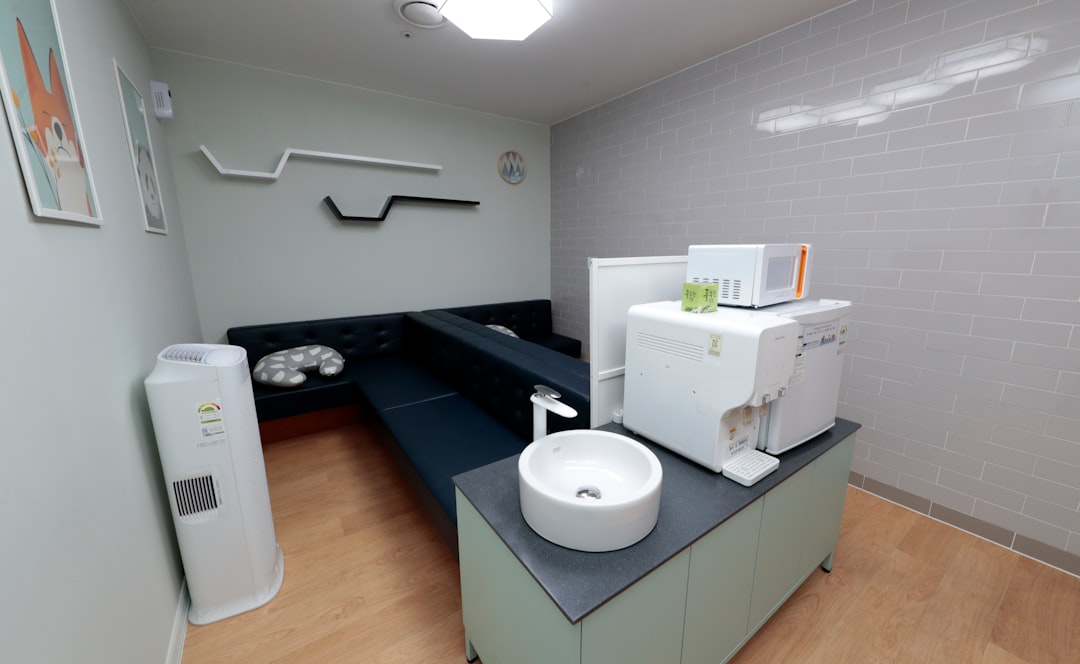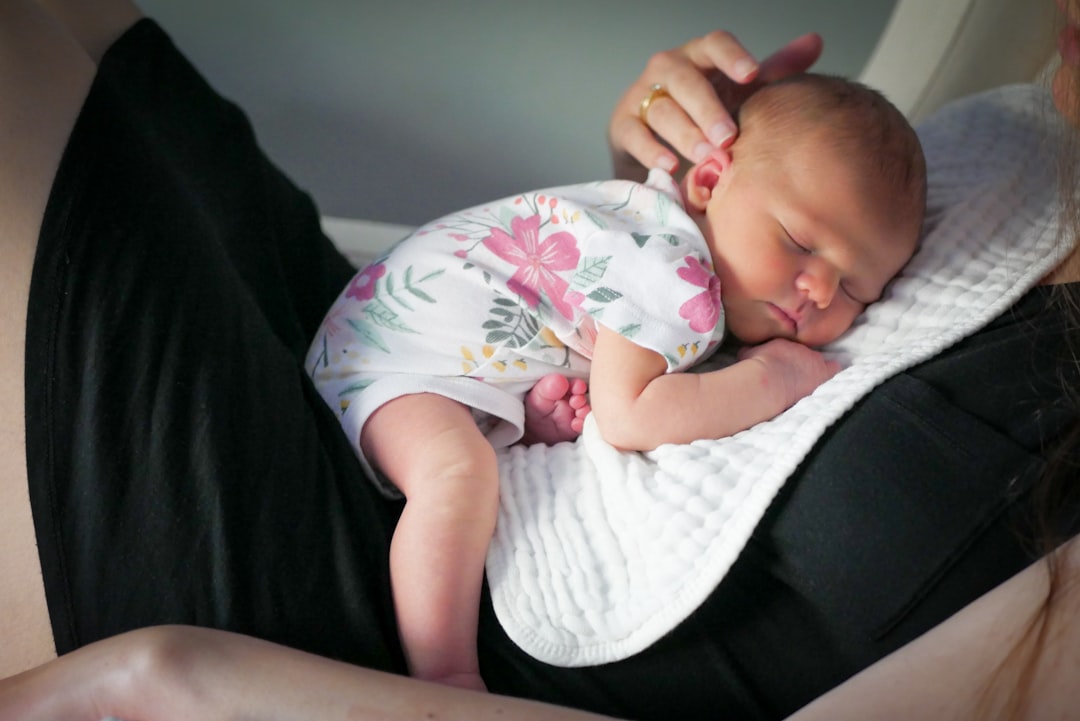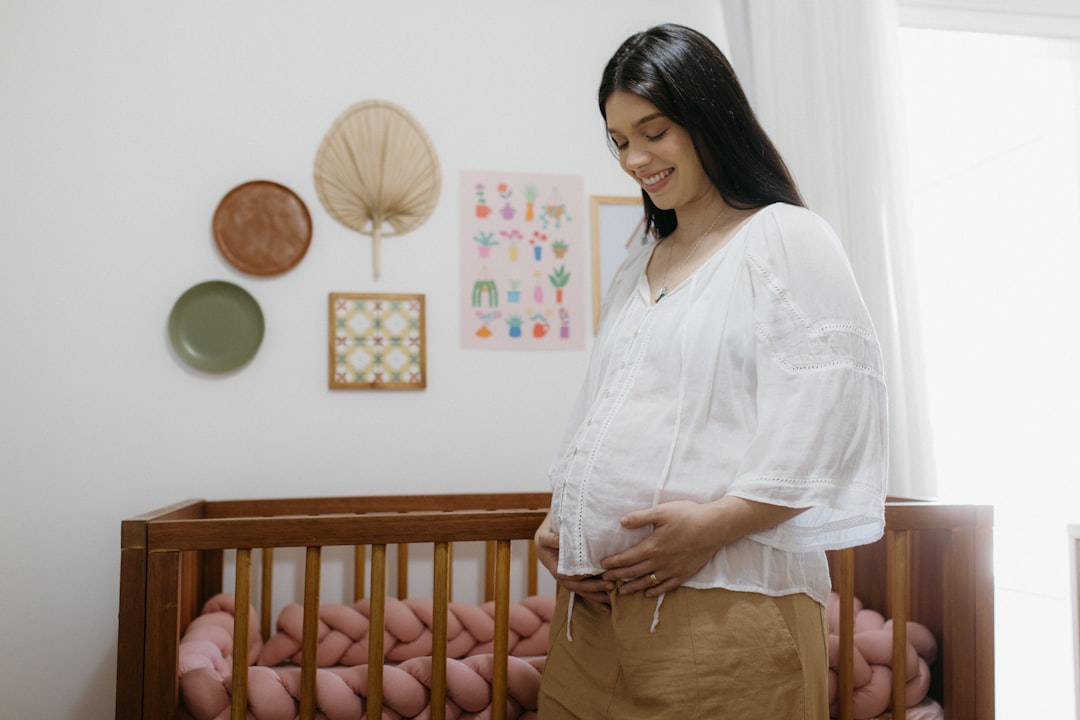Category: Post Pregnancy
Pregnancy sleep positions: What’s safe and what’s most comfortable
Finding a comfortable sleeping position during pregnancy can be challenging, especially as your body changes and your baby grows. But getting quality sleep is crucial for both maternal and fetal health. Let’s explore which sleeping positions are safest during pregnancy and how you can make yourself more comfortable throughout the night.
The emotional highs and lows of postpartum identity
The moment your baby arrives, everything changes—including your sense of self. One day you’re pregnant, focused on your own rhythms and routines, and the next you’re someone’s mother, perpetually on call and navigating a completely transformed reality. This identity shift represents one of the most profound psychological transitions humans experience, yet it often goes unacknowledged amid the more visible aspects of postpartum recovery.
Creating family-friendly workplaces: supporting employees through pregnancy and beyond
When a skilled employee announces their pregnancy, how your organization responds can make the difference between retaining valuable talent and losing them to the “maternal exodus.” With 46% of highly skilled women leaving the workforce after becoming mothers, companies face a significant talent drain that impacts both culture and bottom line, as highlighted in a [Beginning.com report on maternal health leadership](https://home.beginning.com/blog/relationships/maternal-health-workplace-leadership/).
Postpartum boundaries: Protecting your space and energy as a new mom
The overwhelming exhaustion of sleepless nights. The cascade of hormonal changes. The physical recovery from birth. And somehow, in the midst of this intense transition, you’re expected to host visitors, respond to texts, and be “on” for everyone else.
Postpartum hair changes: from shedding to regrowth
You’re stepping out of the shower, glancing down at the drain, and your heart sinks. Clumps of hair—again. If you’re experiencing dramatic hair shedding in the months after giving birth, you’re not alone. Over 90% of postpartum women experience hair loss, making it one of the most common (yet rarely discussed) changes new mothers face.
How supporting postpartum employees builds long-term loyalty
When **24% of women leave the workforce in the first year of motherhood** and **95% of postpartum mothers remain disengaged for up to three years**, organizations face a critical decision: treat postpartum support as a strategic priority or accept massive, preventable talent loss. The companies choosing the former are building workforces defined by loyalty, engagement, and sustained performance—while their competitors struggle with the mounting costs of turnover.
Postpartum loneliness: Why it happens and how to find connection
When the nursery is finally set up and your baby has arrived, there’s an expectation of pure joy. Yet for many new mothers, a different reality emerges – one where despite having a tiny human who needs you constantly, you feel surprisingly alone. This paradox of being needed around the clock yet feeling isolated is postpartum loneliness, and if you’re experiencing it, you’re in remarkably common company.
Why Maternal Support Should Be Built Into Every DEI Strategy
When organizations discuss diversity, equity, and inclusion (DEI) strategies, certain dimensions often take center stage: race, gender, sexual orientation, and disability status. Yet one critical element frequently remains overlooked: comprehensive support for maternal wellness. This oversight isn’t just a missed opportunity—it’s a significant gap in truly inclusive workplace cultures.
Third trimester nesting: Why the urge hits and how to channel it
Picture this: you’re 37 weeks pregnant, and suddenly, at 2 AM, you find yourself reorganizing the linen closet or scrubbing baseboards with a toothbrush. Sound familiar? Welcome to the phenomenon known as “nesting” – that powerful urge to prepare your home for your baby’s arrival.
Postpartum recovery essentials: what every new mom needs at home
The moment you bring your baby home marks the beginning of an incredible journey—not just for your little one, but for your healing body as well. The postpartum period brings physical and emotional changes that require proper care and support. Having the right essentials at home can make this transition period much more manageable, regardless of your individual recovery path.


